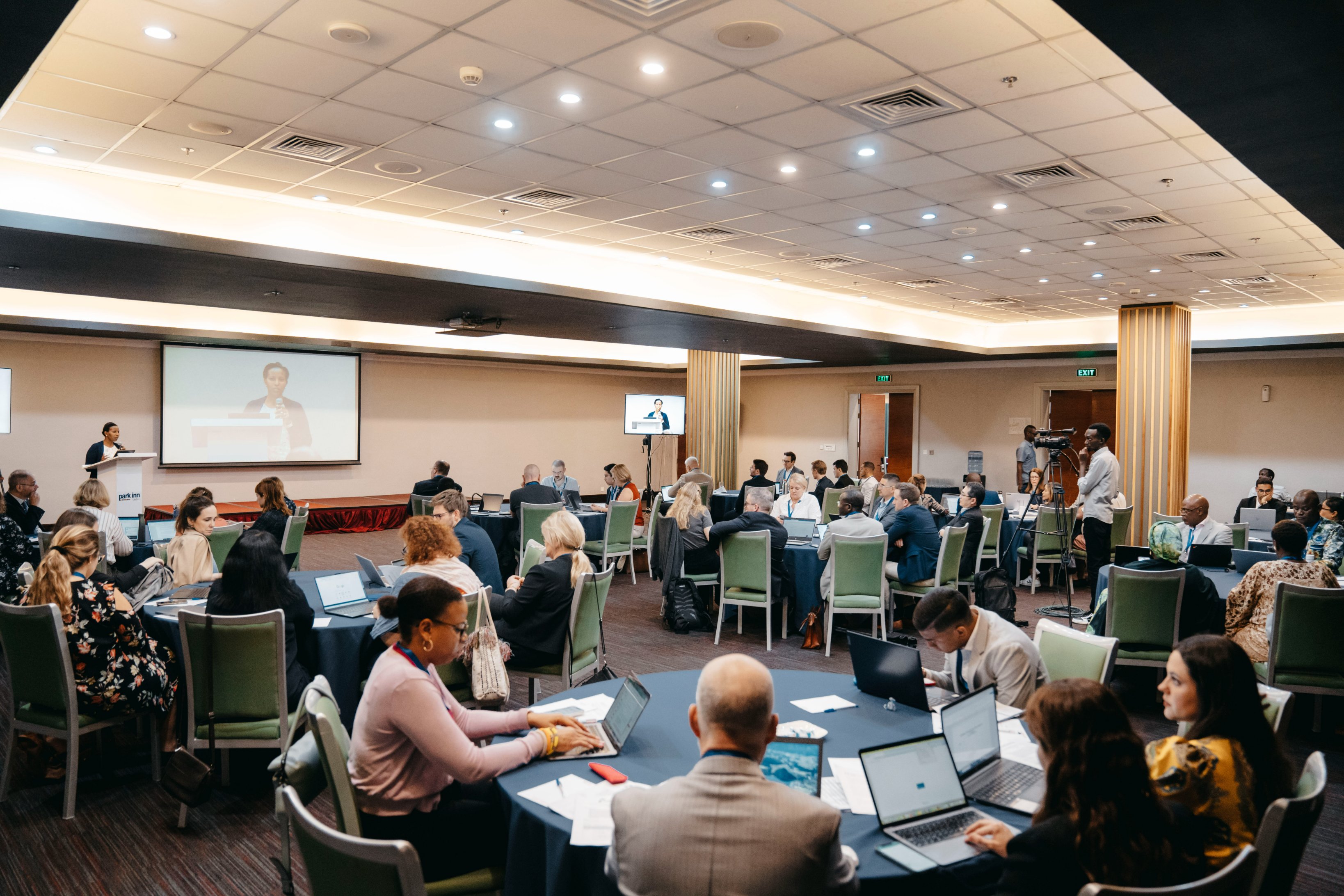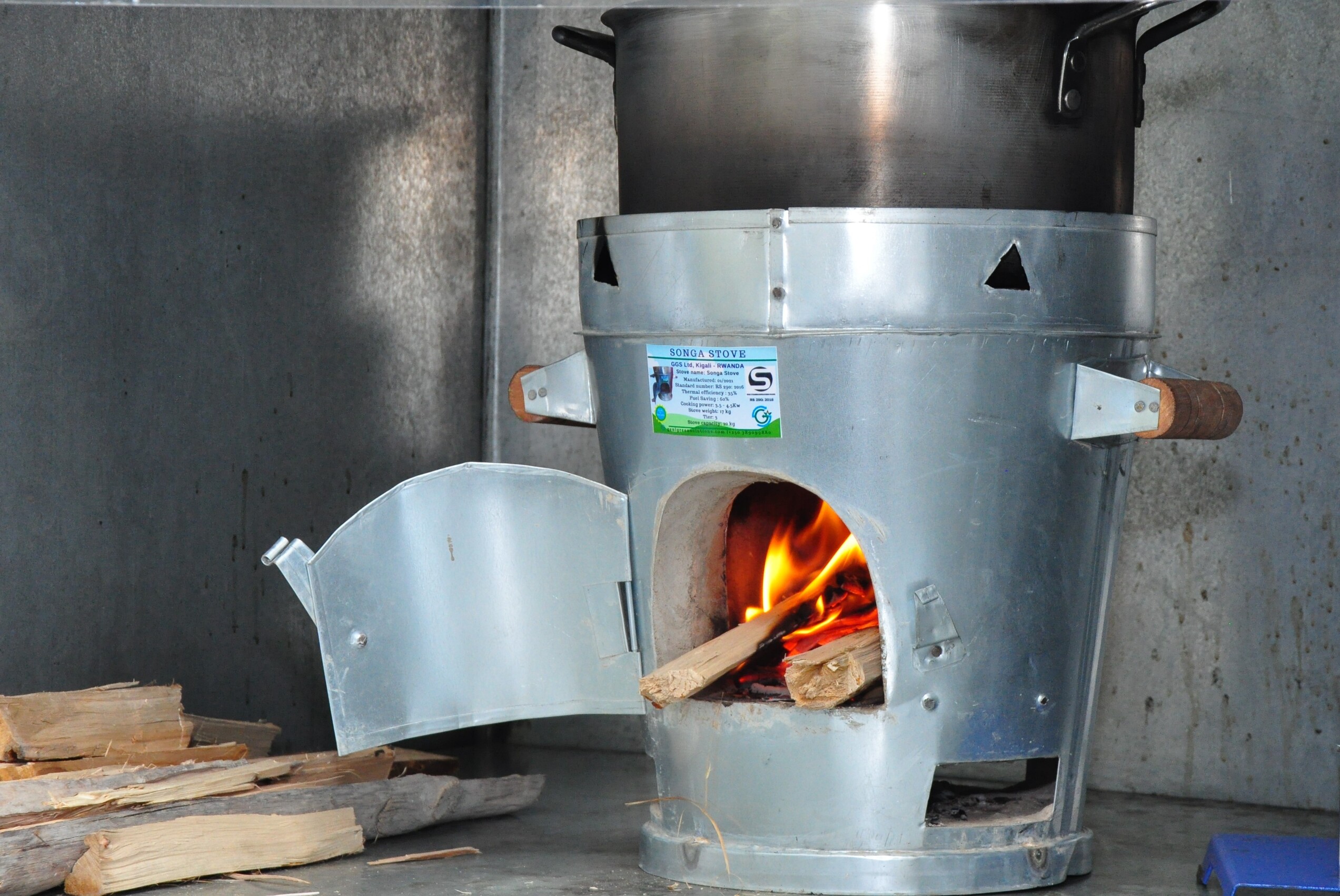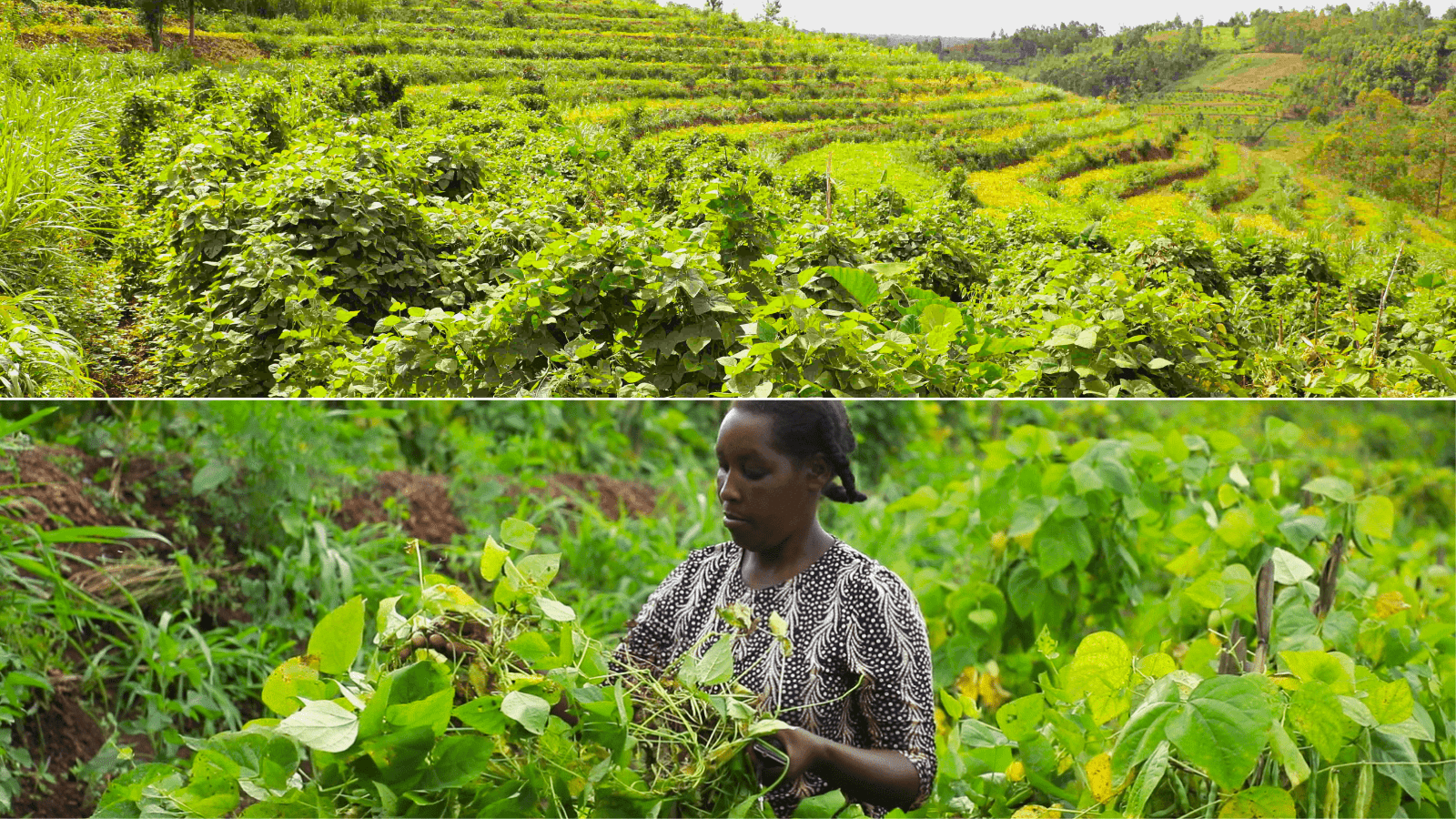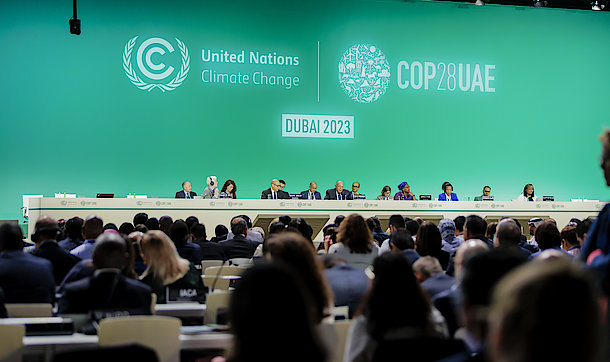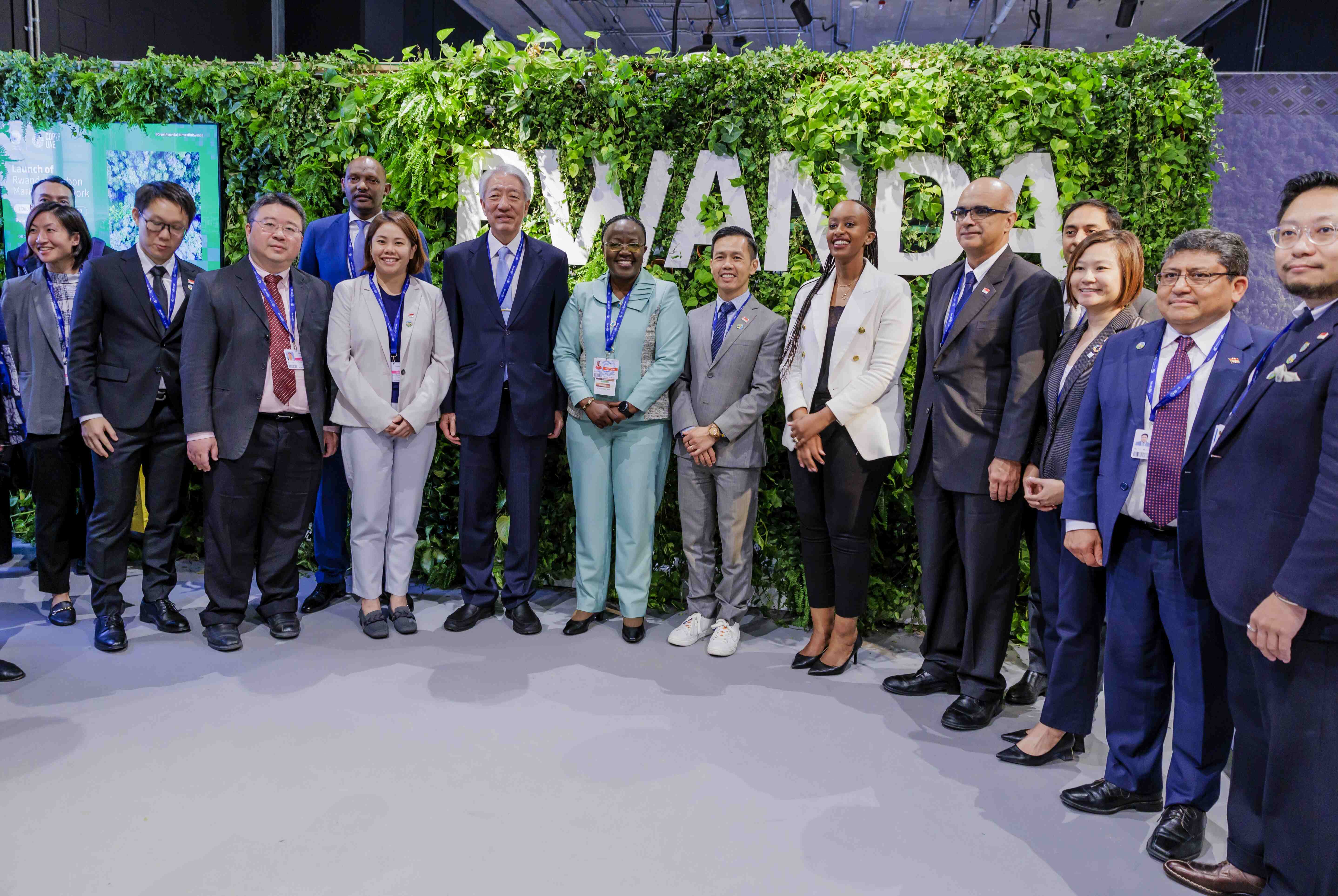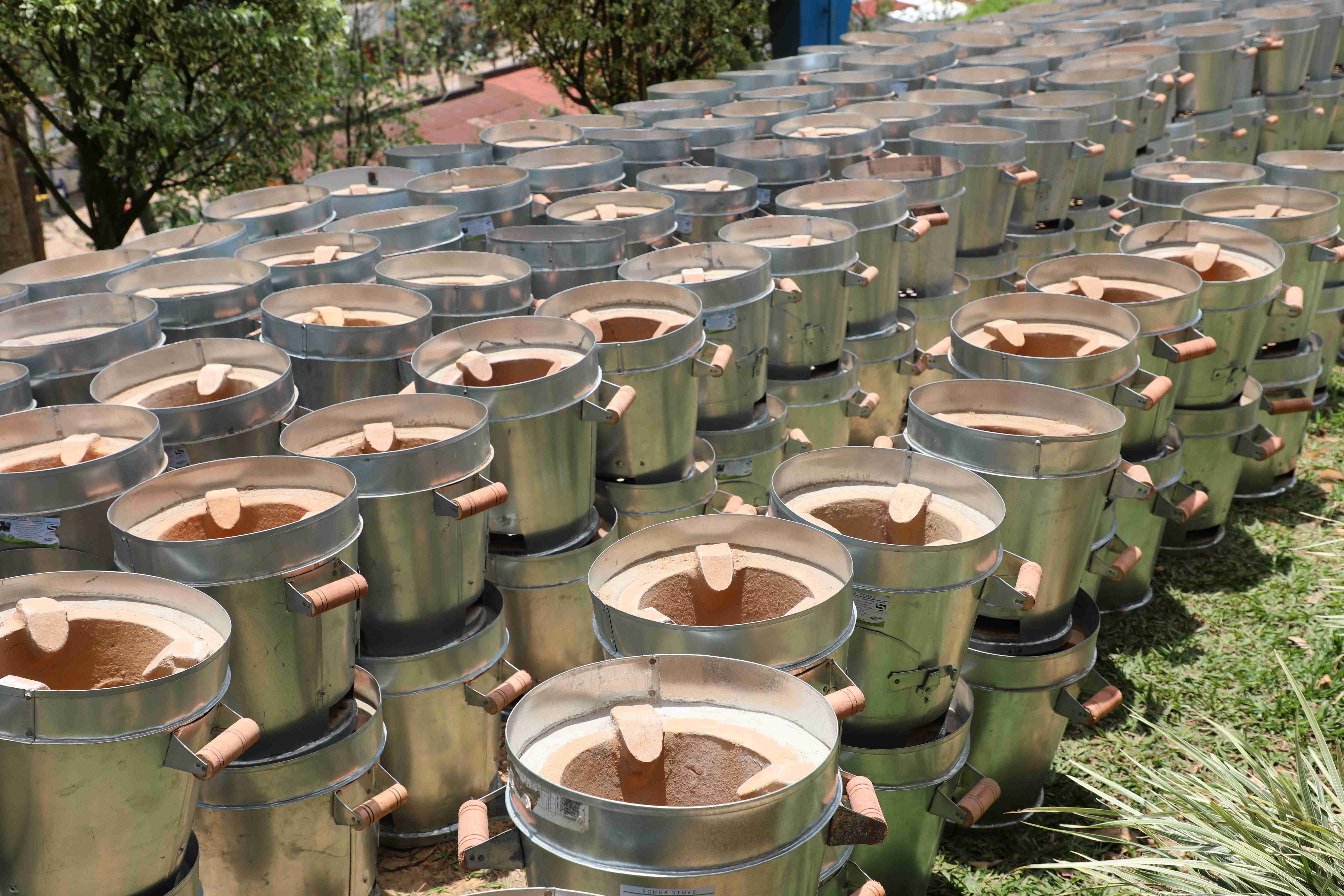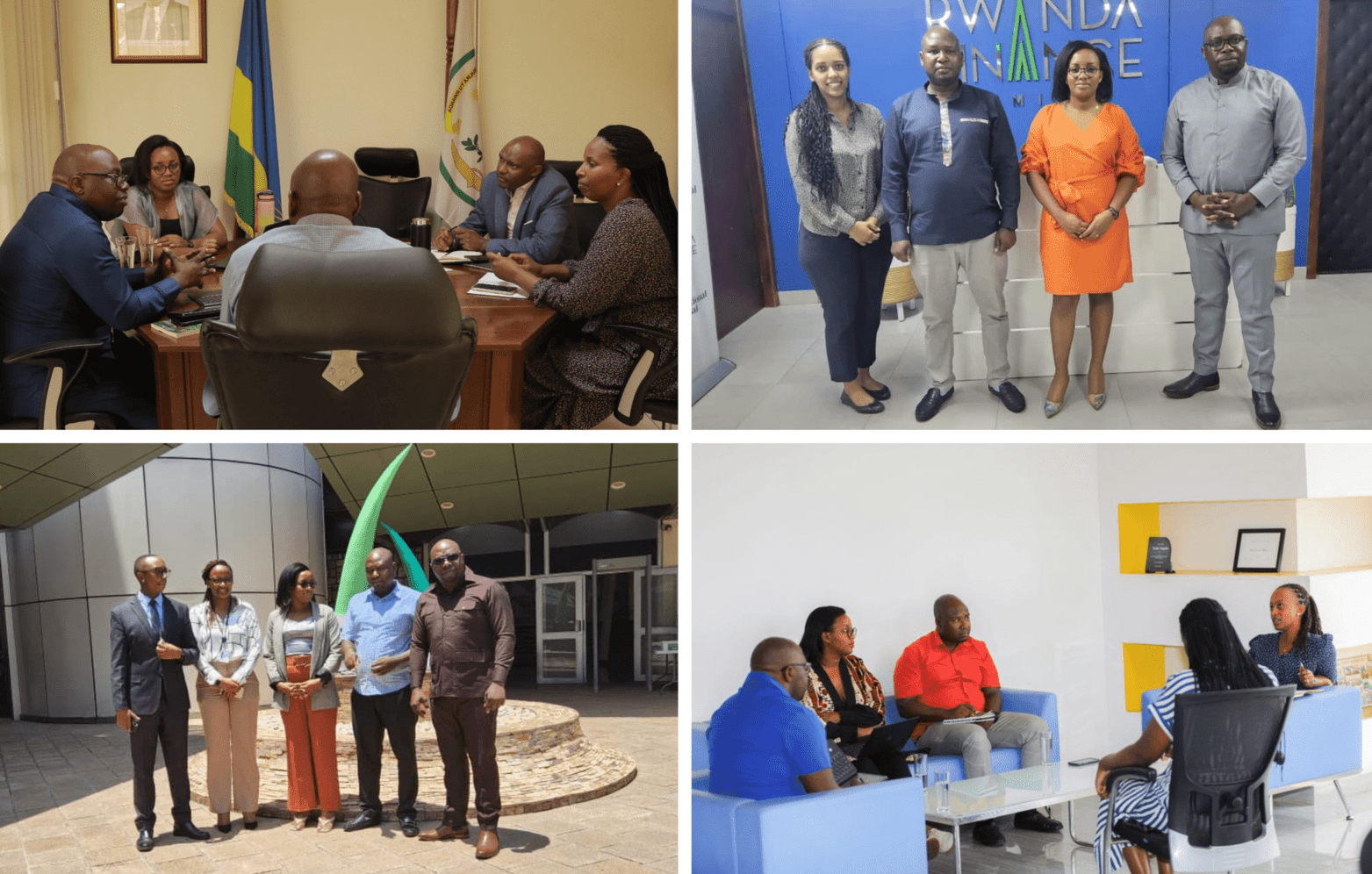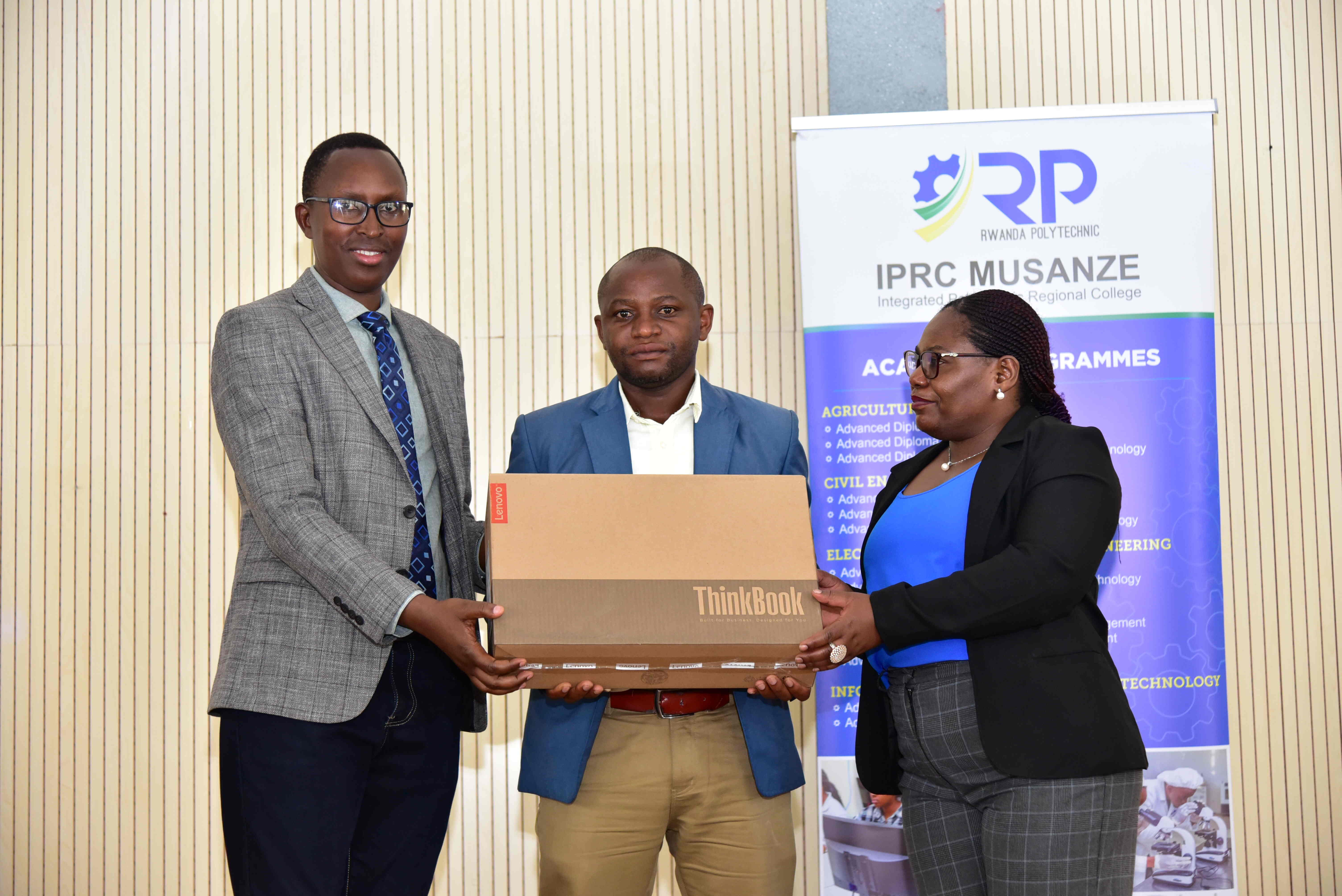
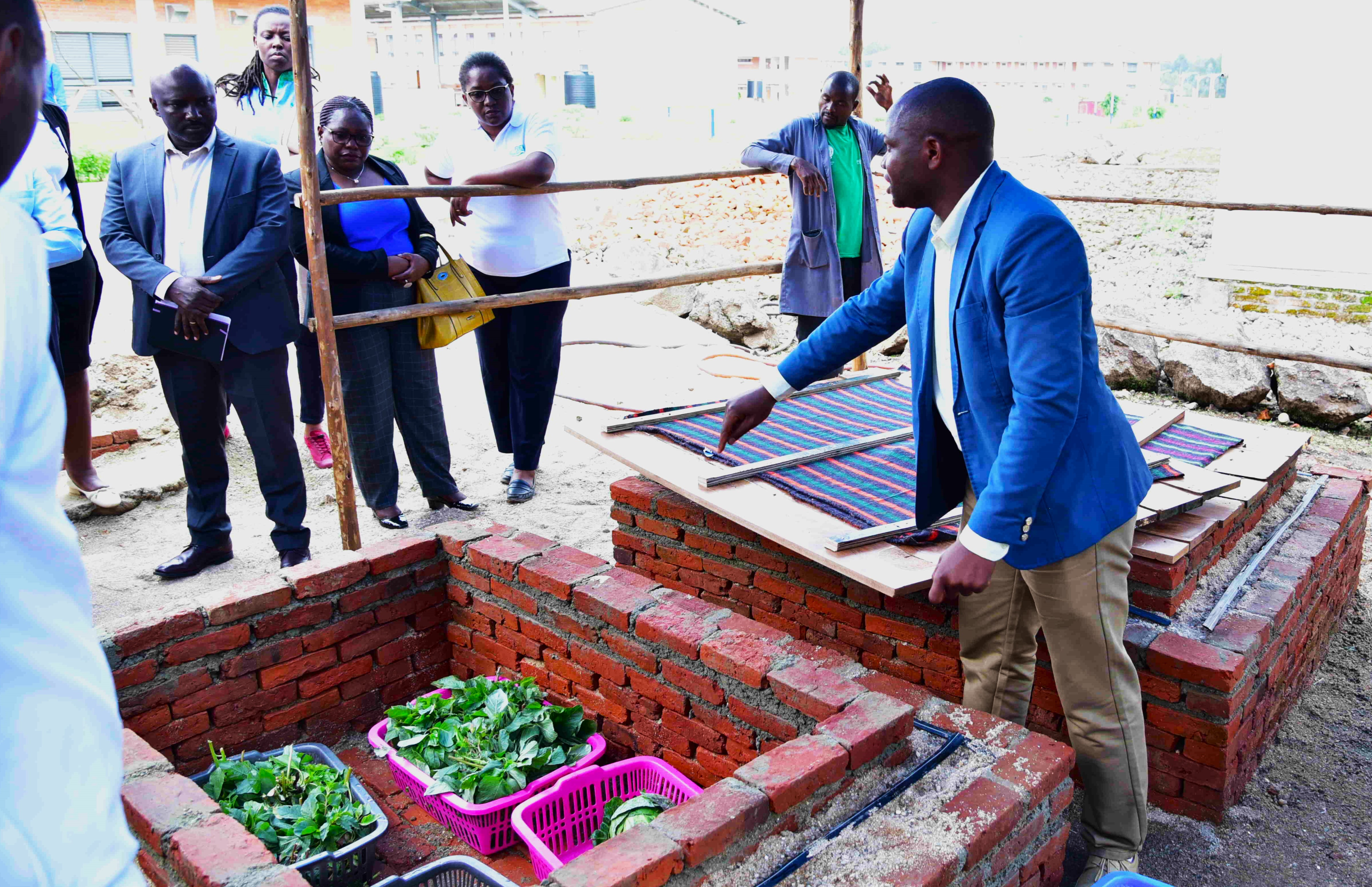
World Ozone Day: REMA recognizes students and lecturers with technologies and eco-friendly cooling solutions
Rwanda in September 2023 joined the rest of the world to mark the World Ozone Day with the theme “Montreal Protocol: Fixing the Ozone layer and mitigating Climate change”
This year’s theme emphasizes the vital role of the Montreal Protocol and its Kigali Amendment in not only protecting the Ozone layer but also mitigating climate change. World ozone day is celebrated annually on 16th September.
Rwanda celebrated Ozone Day on 18th September 2023 with students at Rwanda Polytechnic Institute of Science and Technology - Integrated Polytechnic Regional Centre (RP-IPRC) in Musanze, Northern Province, to encourage students to develop technologies and eco-friendly cooling solutions that could protect the Ozone layer from the Ozone Depleting Substances.
Students and lecturers at IPRC Musanze have developed affordable and eco-friendly cooling solutions designed to reduce food loss and mitigate climate change.
One of them is the “Zero Energy Cooling Chamber (ZECC) that functions similarly to a conventional refrigerator in the sense that the chamber ‘pushes’ heat out.
However, it is cheaper and has a higher energy efficiency than a typical fridge, as it requires no electrical energy whatsoever, just water to maintain function. The design consists of an inner chamber, a surrounding layer of wet sand, and another wall encasing it.
Zero Energy Cool Chambers stay 10-15° C cooler than the outside temperature and maintain about 90 per cent relative humidity, according to the International Journal of Engineering Research & Technology.
The United Nations Environment Program (UNEP) noted that collection of human-made greenhouse gases known as ozone-depleting substances (ODSs), including chlorofluorocarbons found in industrial products like air conditioners and refrigerators, destruct the ozone layer— a layer of gas high up in the atmosphere that helps protect us from the sun’s harmful ultraviolet (UV) rays—leading to skin cancer and weak immune systems, among other issues.
This makes the ZECC a better option as it does not produce or release any greenhouse gases.
Martine Uwera, the Programme Manager for Environment Mainstreaming and Biodiversity Management and National Focal Point of Montreal Protocol, said the new technology is both inexpensive and accessible to the local community.
“It is one of the green technologies that REMA recommends as alternatives, addressing environmental issues and climate change,” she noted.
She mentioned that when it comes to cooling foods such as vegetables, it is an alternative option to refrigerators which are harmful to the environment.
The ‘Zero Energy Cooling Chamber’ was developed by RP-IPRC in Musanze, as a practical module to help students understand one of the cheapest tools to reduce food loss and combat climate change.
Evergiste Niyonsenga, an Assistant Lecturer in Crop Production at RP-IPRC, has confirmed that the ‘Zero Energy Cooling Chamber’ project has no adverse impact on the ozone layer or the environment in general.
“It uses local materials which are environment friendly like stones, unfired bricks, along with sand and water,” he said.
The room, consisting of two walls and filled with sand, should be covered with dried banana fibres or pieces of blankets. It should be built under a shade to prevent direct sunlight. Vegetables or other fresh foods are placed inside the cooling room for three to five days.
Governor of Northern Province, Maurice Mugabowagahunde, hailed the method, saying it can address the post-harvest challenges that local farmers are going through.
Topics
More posts
Rwanda hosts a two-day workshop for Negotiators of the High Ambition Coalition to End Plastic Pollution
Rwanda has from 14th to 16th February hosted a two-day workshop for negotiators of the High Ambition Coalition to End Plastic Pollution (HAC). The…
LDCF3 Project’s Improved Cookstoves: A Dual Solution for Climate Change and Human Health
In a ground-breaking move towards sustainable living, the Rwanda Environment Management Authority (REMA) is making significant strides in the fight…
From reluctance to acceptance: The LDCF3 Project beneficiaries embraces terraces for agricultural transformation
The beneficiaries of the Ecosystem/Landscape Approach to Climate Proof the Rural Settlement Programme of Rwanda, also known as LDCF3 Project, who…
Rwanda welcomes historic COP28 decision to transition away from fossil fuels
The Government of Rwanda has welcomed the ground-breaking decision made at the 28th Conference of the Parties (COP28) to the United Nations Framework…
Rwanda launches Carbon Market Framework to advance Climate Action for a Sustainable Future
Rwanda has today launched its National Carbon Market Framework in a significant stride towards a greener and more sustainable future. The framework…
Over 45 professionals complete a capacity-building program in climate change analysis and reporting
Kigali, 17 November, 2023- Kigali, REMA, in collaboration with the African Institute for Mathematical Sciences in Rwanda(AIMS_Rwanda), celebrated the…
REMA’s LDCF3 Project distributes 5,000 improved cookstoves to beneficiaries to tackle climate change
The Rwanda Environment Management Authority distributes 5,000 improved cookstoves to beneficiaries of the Landscape Restoration Approach to Climate…
BIOFIN’s Technical Advisor on Environmental Finance visits Rwanda to foster stakeholder engagement
The Biodiversity Finance Initiative (BIOFIN)’s Technical Advisor on Environmental Finance for Africa, Mr. Bruno Mweemba recently visited Rwanda from…
World Ozone Day: REMA recognizes students and lecturers with technologies and eco-friendly cooling solutions
Rwanda in September 2023 joined the rest of the world to mark the World Ozone Day with the theme “Montreal Protocol: Fixing the Ozone layer and…
